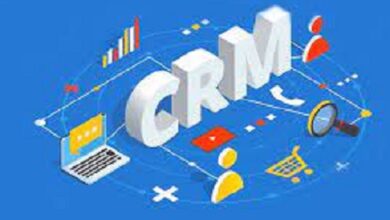Economics/Business
Economics
Economics is the social science that studies how individuals, businesses, governments, and societies allocate scarce resources to satisfy their unlimited wants and needs. It is concerned with the production, distribution, and consumption of goods and services, and the decisions and behaviors of individuals and institutions that shape these processes.
By reading the intensive articles of Englopedia.com you will grasp that it is a broad field that encompasses various branches and subfields, including microeconomics, macroeconomics, international economics, labor economics, behavioral economics, and many others. Microeconomics focuses on the behavior of individuals and firms, while macroeconomics looks at the overall performance of the economy, including issues such as inflation, unemployment, and economic growth. International economics examines the flow of goods, services, and capital across borders, while labor economics focuses on the behavior of workers and employers in the labor market.
Englopedia will make you aware that Economists use a range of tools and techniques, such as mathematical modeling, statistical analysis, and experimental methods, to study and analyze economic phenomena. They aim to understand how markets work, how individuals and institutions make decisions, and how public policies and institutions impact economic outcomes.
Through the leading articles of Englopedia you will realize that Economics has significant implications for individuals, businesses, governments, and societies, as it can inform decisions related to investments, production, taxation, trade, and social welfare policies. It is a crucial field of study for understanding the functioning and dynamics of modern economies and for addressing pressing global issues, such as inequality, climate change, and economic development.
-

What is a competency interview Examples and benefits
What is a competency interview? The competency interview is a job interview with the objective of evaluating the actions taken…
Read More » -

Management by Competencies with organizational competencies and Areas and models
Competency management Competency management is a methodology that leads HR to analyze and identify competencies in employees to help them leverage…
Read More » -

Corporate Education its features benefits and practices
What is corporate education Corporate education is the adoption of teaching and learning practices aimed at the continuous development of…
Read More » -

Professional recognition types importance and 9 recognition practices
Professional recognition Professional recognition is a people management strategy that motivates employees to seek personal and professional achievements in favor…
Read More » -

What is CRM its Purpose and 7 steps to implement CRM
CRM CRM implementation requires the company to have an aligned culture, a structured business process, onboarding, implementation schedule, training and…
Read More » -

HR indicators their Benefits How to choose and 11 main HR indicators
HR Indicators HR indicators are metrics to measure the actions of the sector, identify weak points and define strategies to…
Read More » -

Performance indicators examples categories importance and best practices
Performance indicators KPI is an acronym for Key Performance Indicator, or Key Performance Indicator, used to measure whether the company’s…
Read More » -

Conflict management definition its causes of conflict and impacts at work
Conflict management The definition of Conflict management in organizations represents the set of practices adopted to maintain or recover harmony among…
Read More » -

Continuing education in business its benefits and promotion
Continuing education in the business Continuing education in the business is a complement to professional training, it bets on learning…
Read More » -

What is External Recruitment its main sources and advantages and disadvantages
External recruitment External recruitment is the process applied by HR to seek professionals in the market in order to fill…
Read More »